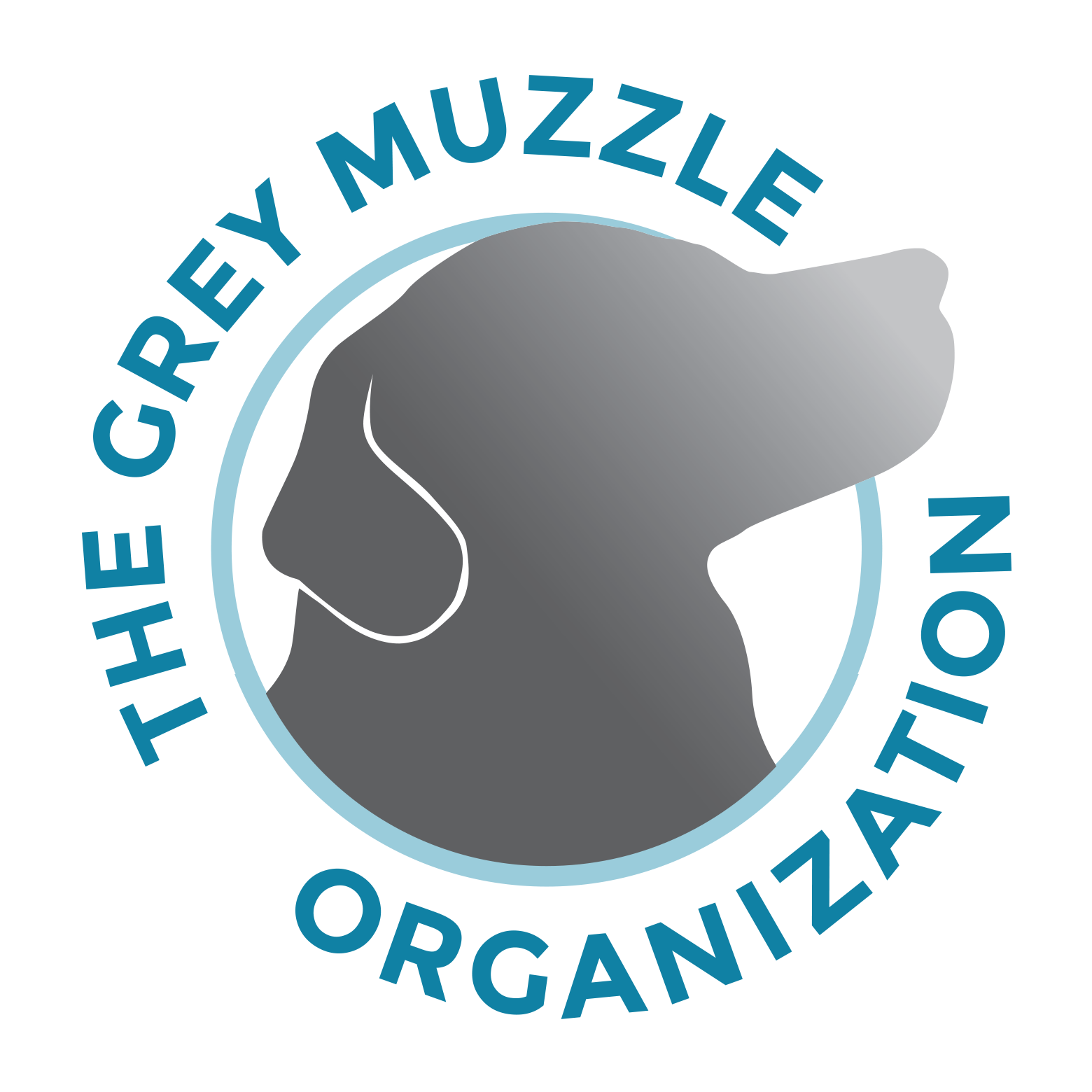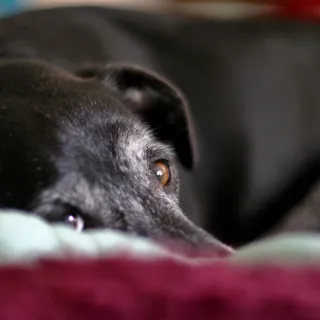Questions I should ask my veterinarian about dental care for my senior pet by Dr. Heidi Lobprise
In honor of National Pet Dental Health Month, we're pleased to share this article by our Advisory Board member Dr. Heidi Lobprise on common questions you may have regarding your senior pet's dental care.
Is anesthesia really necessary for a dental procedure?
Yes! – It is needed for a complete oral exam, with dental xrays, along with thorough cleaning and any other procedures (extractions are often needed in older dogs). With a breathing tube (endotracheal tube), in the airpipe your pets’ lungs are then protected from any debris and oxygen can be easily delivered to the pet. While there can be some risks involved with general anesthesia, a full physical examination and lab work (bloodwork, urinalysis) can be done to identify any issues that may need to be addressed, in order to minimize those risks.
Find out how that practice makes allowances in their drug protocols for older pets, and how they monitor and care for the pet during the procedure, including keeping him warm. It is best to have an IV (intravenous) catheter placed and fluids given to keep your pet hydrated, and to be able to give other medications.
Does the practice take dental x-rays?
Dental x-rays are absolutely essential for optimal dental care for your pet. With dental disease, so much of it is hidden under the gum line and is impossible to find without x-rays. If any extractions are done, x-rays are very important before and after the procedure as well.
What if I don’t want any teeth extracted?
Unfortunately, if there is dental disease (periodontal disease), which is very common in older and smaller dogs, there is constant infection and inflammation present. This infection and inflammation can harm the other organs in your pet’s body – the heart, kidneys, liver, lungs and so forth.
If your veterinarian has determined through exam and x-rays that the infection is so bad that the tooth should be removed, it is in your pet’s best interest to do so. After a few days of recovery, these pets often feel so much better without the disease in their mouths!
But how will my pet eat after extractions – or with all the teeth gone?
After a few days of softened food and pain medication, most pets feel so good that eating is not a problem, other than maybe they start eating too much! Dogs and cats sometimes crunch their kibble, but it is not necessary, and many are happy just gulping it down.
What can I do help my pet’s oral and dental health?
Take your pet for regular vet exams, act on recommendations given and provide some oral care at home. Even older pets can accept simple techniques with brushing or dental wipes, and there are many appropriate products that can help keep the teeth clean in between vet visits.
Dr. Heidi Lobprise graduated from Texas A & M University in 1983 and became a board certified veterinary dentist in 1993. In 2003, she joined the Veterinary Specialty Team of Pfizer Animal Health, and in 2010, she became the Senior Technical Manager for Virbac Corporation.
Read more about her here.



